

When New York rapper Jay-Z played the Rose Bowl last summer, he surprised 90,000 concertgoers by making a political statement. Before launching into his hit “Hard Knock Life (Ghetto Anthem),” he urged fans to vote for a California ballot initiative that would dramatically reduce the state’s prison population and re-direct money into education and treatment programs.
“Prop 47, California! Build more schools, less prisons!” he exhorted.
A few weeks later, two other public figures delivered a similar rap, albeit in a different forum. In a Los Angeles Times op-ed piece, Newt Gingrich, the Republican politician, and B. Wayne Hughes Jr., a conservative Christian businessman, similarly urged Californians to end bloated spending on prisons and reverse tough-on-crime policies that they say have failed to significantly improve public safety. Among other things, Gingrich and Hughes pointed out that California now spends $62,396 per prisoner each year,
» Read more about: Three Strikes Reform: Proposition 47 and the Fight Against Inequality »
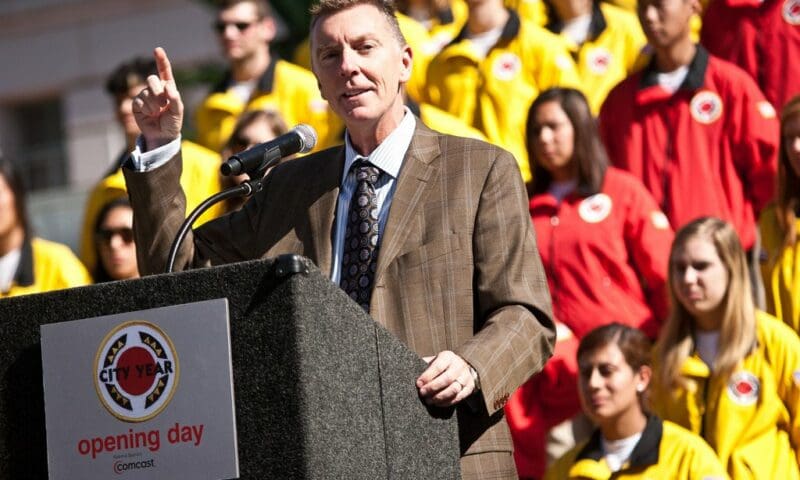

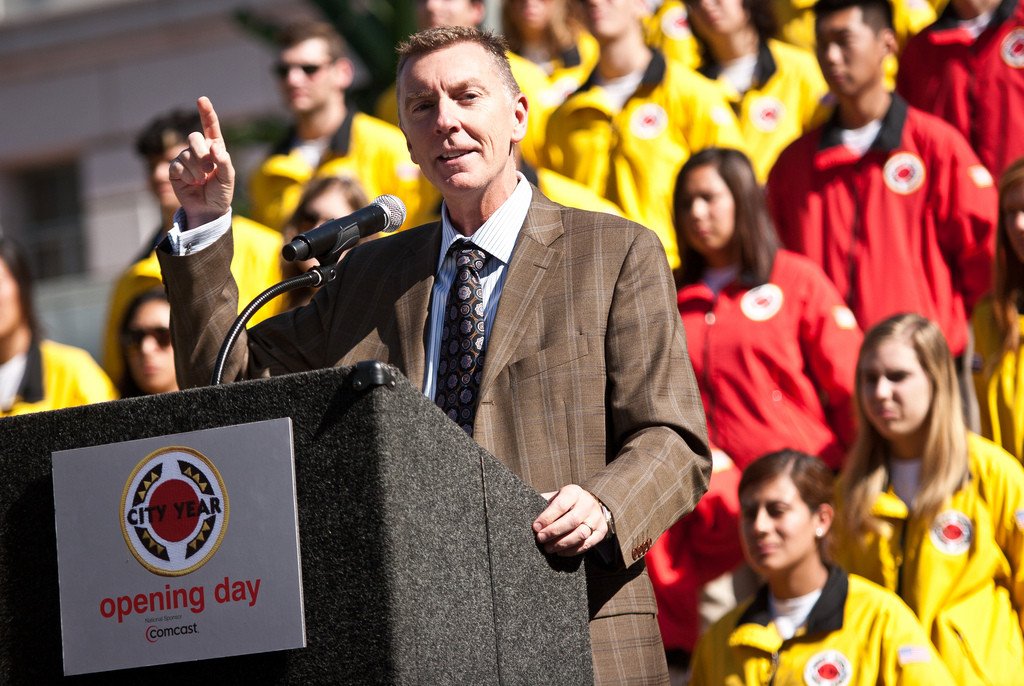
The symbolism of last Friday’s press conference by the recently embattled and newly ex-superintendent of the Los Angeles Unified School District, John Deasy, couldn’t have been more explicit. Speaking for the first time as a private citizen, Deasy spoke to reporters on a conference call hosted by Students Matter.
The Silicon Valley-backed, Menlo Park nonprofit has paid the legal bills for the Vergara lawsuit, which challenged teacher job protections in the state earlier this year by successfully suing the California Department of Education and LAUSD. Deasy became a star witness — for the plaintiffs — when he testified against the state and his own district’s teachers.
For a man who had been brought by L.A. Mayor Antonio Villaraigosa from the Gates Foundation in 2010 to LAUSD as the top deputy to then-superintendent Ramon C.
» Read more about: Mistakes Were Made: The John Deasy Years »
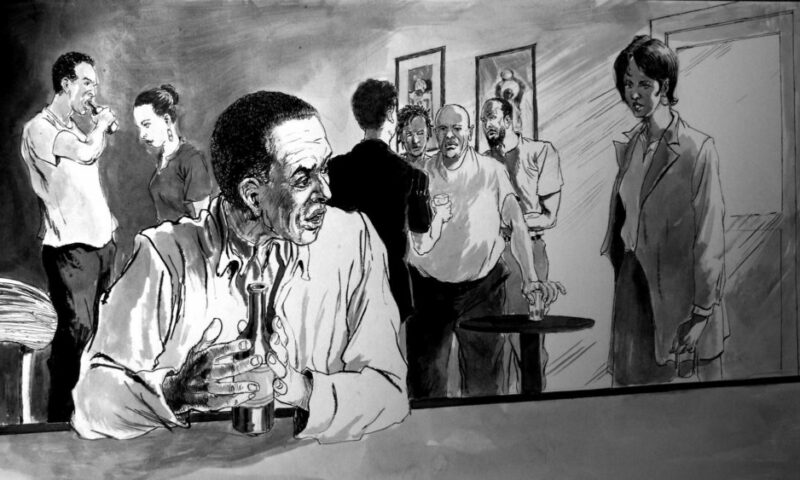
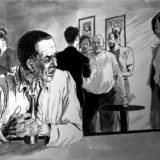
“Son of a . . . ”
Splitting a knuckle open, Jess Dixon grunted through gritted teeth. Working to get the rusted wheel nut loose, it had come undone too fast as she wrenched on the tire iron. Her hand banged onto the edge of the wheel well.
Ignoring the pain, she hurried and got done removing the slashed tire and put the spare on and secured it in place on the hub. The spare was not in good shape, worn smooth on one side, the steel belt underneath just about exposed. She didn’t dig her job but she couldn’t be losing it either.
She got her car going and drove to work, hoping she wouldn’t have a blowout on the lousy tire. Because she got up early each morning, and knew how to change a tire and a few other car repairs from her Uncle Hank showing her,
» Read more about: The Dixon Family Chronicles: “Time Is Tight” »
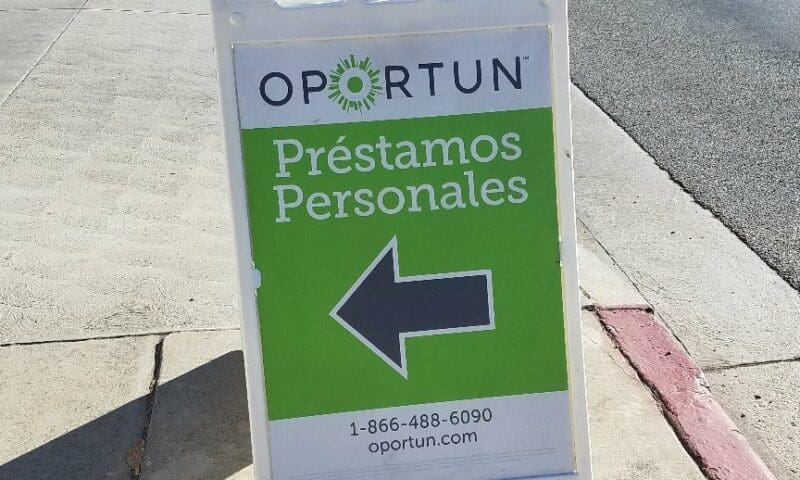
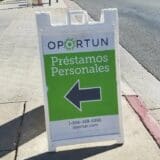

If you watched the Roosevelt series on PBS, as I did, you might have been struck by how Teddy and FDR saw their presidential duties. Both acted on the belief that the role of the federal government was to secure the material wellbeing of the American people. In their eyes the central government had a responsibility for full employment, living wage jobs and reining in the power of corporate America, among other initiatives. They took responsibility for how the national economy impacted the ordinary citizen and saw government action as a vehicle to reverse economic suffering.
Fast forward to the present. We now have a largely paralyzed federal government, consumed in debate over whether or not government action is a curse or a blessing, and unable or unwilling to address the widening income gap. In response, many major American cities are stepping into that pro-active, Roosevelt role; new minimum wage laws have been passed,
» Read more about: The Minimum Wage: A New Deal for Los Angeles Workers? »
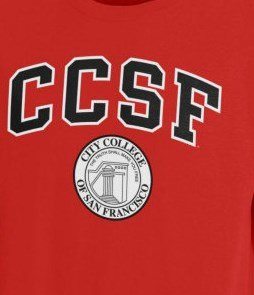

 Take the state law on fair competition. Add the Accrediting Commission for Community and Junior Colleges‘ actions to shut down City College of San Francisco (CCSF). What will these ingredients amount to in a court of law?
Take the state law on fair competition. Add the Accrediting Commission for Community and Junior Colleges‘ actions to shut down City College of San Francisco (CCSF). What will these ingredients amount to in a court of law?
That will be determined by San Francisco Superior Court Judge Curtis E.A. Karnow following a non-jury trial that begins October 27. Last year San Francisco City Attorney Dennis Herrera filed a lawsuit on behalf of the people of the state of California (not CCSF) alleging the ACCJC’s evaluation of CCSF was unfair and unlawful under the state law for business competition.
“We have alleged that the ACCJC’s actions, specifically with respect to the evaluation of CCSF, were both unlawful and unfair,” Sara Eisenberg, a San Francisco Deputy City Attorney, told Capital & Main by phone. The ACCJC is subject to California’s Unfair Competition Law which prohibits any business from engaging in unfair,
» Read more about: City College of San Francisco Trial Approaches »



John Deasy is gone. According to City News Service, the Superintendent of Schools for the Los Angeles Unified School District (LAUSD), “submitted his resignation today, ending his three-year tenure as head of the nation’s second-largest school district. Although he is stepping down as superintendent, he will remain with the district on ‘special assignment’ until Dec. 31.”
Deasy’s resignation letter, posted on LAUSD’s website, concludes:
I will transition from this job to another way to serve. In allowing me to do that, I hereby submit my resignation. I will work with your council to close out my employment contract.
In closing, let me thank my critics, for they have helped us see where we can do our work better, and that is what we do with each opportunity to improve. I also wish to thank my supporters. You have enabled us to move quickly to right wrongs in the lives of youth,
» Read more about: School’s Out for LAUSD Superintendent John Deasy »
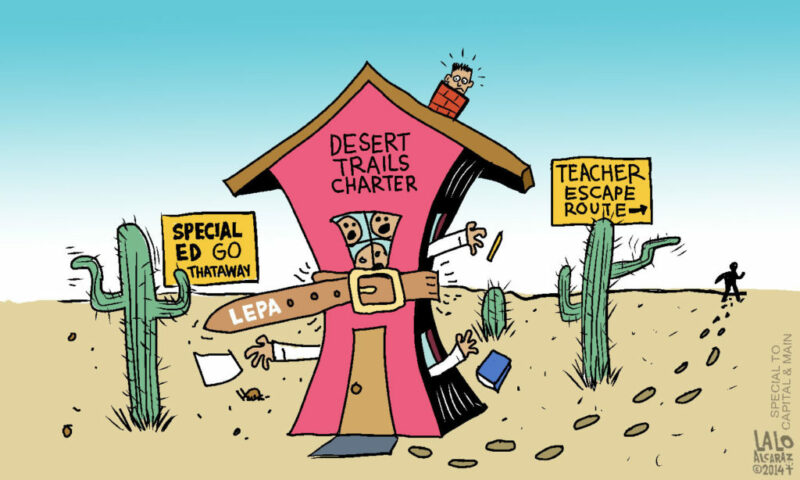

Throughout 2011 and 2012, the eyes of the education world were focused on Adelanto, a small, working class town in California’s High Desert. A war had broken out there over the future of the K-6 Desert Trails Elementary School and its 660 low-income Latino and African-American students. When the dust settled, Desert Trails Elementary was gone. In its place was a bitterly divided community and the Desert Trails Preparatory Academy, the first (and so far, only) school in California and the U.S. to be fully chartered under a Parent Trigger law, which allows a simple majority of a school’s parents to wrest control of a low-performing school from a public school district, and transform it into a charter school.
Tiny Adelanto’s turmoil reflects a much larger battle now being fought across America between defenders of traditional public education and a self-described reform movement whose partisans often favor the privatization and deregulation of education.
» Read more about: Adelanto Report Card: Year Zero of the Parent Trigger Revolution »


Whether or not Parent Trigger represents a bold frontier in the movement to privatize the nation’s public education system, its implementation in California’s High Desert does bear some of the freewheeling aspects of the old Wild West.
Particularly when it comes to accountability and due process. Where do parents or teachers blow the whistle if they suspect a charter school is violating education code or the promises made to students in its own chartering language?
In California, the chartering school district has the statutory authority, and arguably the responsibility, to investigate violations of the law and of the school’s charter. Under Education Code §47607, it may revoke a school’s charter if the school violates the law or violates the conditions set forth in its charter.
Eight former Desert Trails teachers have emphasized to Capital & Main that it was only after frustrated parents told them that Parent Revolution said they were on their own in working out any grievances directly with Desert Trails that the teachers stepped in and took their own allegations of code and charter violations to the school’s chartering authority,
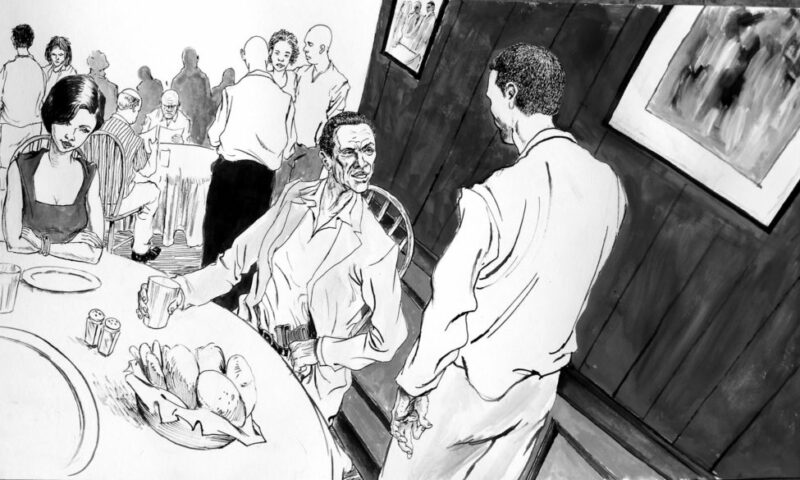
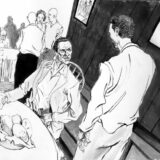
“Am I stutterin’, son?” the green-eyed pleasant-looking man with the perfect teeth said to the tall newcomer standing by his table. Around them the din of the eatery seemed to recede. “There’s no DeMarkus around here.” Like his displeasure, Teaflake made no effort to hide the butt of the Glock sticking out of his waistband.
The young woman sitting with Teaflake smiled understandingly, like she was ushering a patient in for a tooth extraction, Joseph “Little Joe” Dixon reflected.
“Didn’t mean nothing,” he said. “Heard you two was boys is all.” He wasn’t about to back down but wasn’t looking to escalate matters either.
“Who are you?” Teaflake said, his voice low, his enunciation clear and concise, a sharp contrast to the way the usual street hoodlum swallowed vowels and ignored tenses.
Little Joe said, “I’m the new fitness director at Water Stones.” The multi-purpose center was Waterston but everybody called it by its mangled nickname.


OAKLAND – The growing nationwide movement by cities and counties to raise the minimum wage is currently centered here in the Bay Area, and its success couldn’t be more urgent for workers like John Jones III.
Jones, 40, is a licensed aircraft mechanic but works as a Burger King security guard in downtown Oakland, making $10 an hour — $1 more than California’s minimum wage. His life is a series of financial challenges and daily indignities as he struggles to support his wife D’Nita, his 12-year-old son Kai and his newborn boy, Josiah.
To take a shower in his apartment, Jones has to use pliers to turn on the water because the knobs are broken. He can’t complain to his landlord because he’s behind on the rent. When his family runs out of toilet paper, Jones cuts paper towels into quarters to save a few bucks. He covers the windows in his bedroom with blankets because he can’t afford curtains.
» Read more about: Bay Area Cities Set Sights on Raising Their Minimum Wage »